SERES ADHD
Scenario-based interactive tool for adolescents with ADHD and complementary e-learning for family caregivers (parents)
SERES ADHD is a serious game designed to reduce behavioural symptoms in adolescents with ADHD. It also comes with an e-learning developed specifically for parents. The aim is to help parents cope with their child’s disease and improve the relationship between parent and adolescent. The scenario-based interactive tool and e-learning were evaluated during a master thesis project.
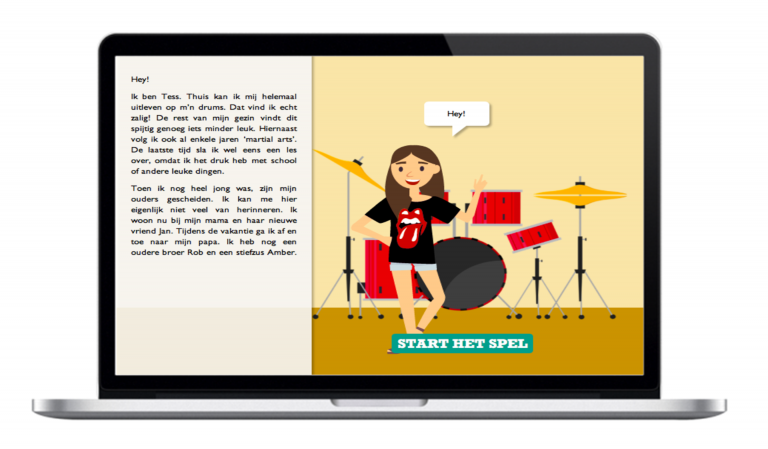
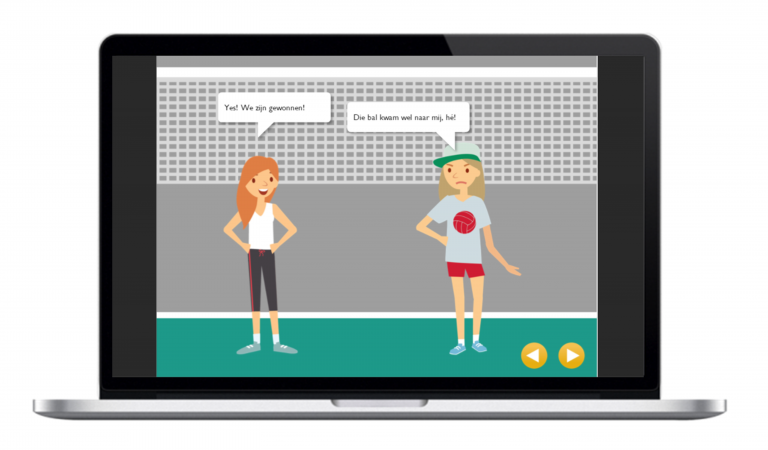
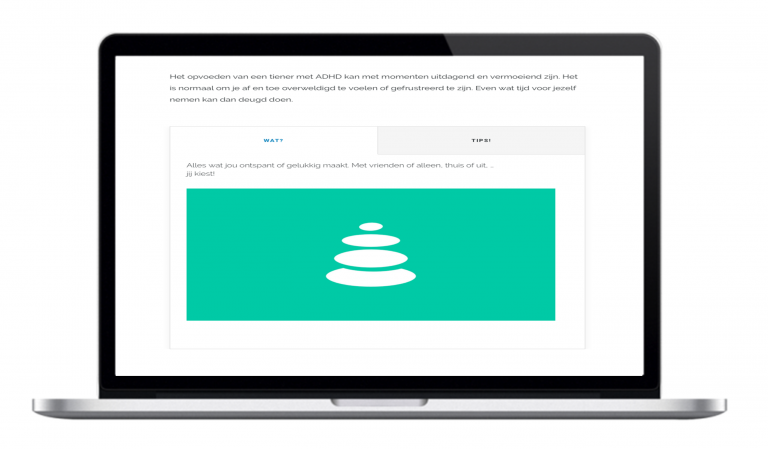
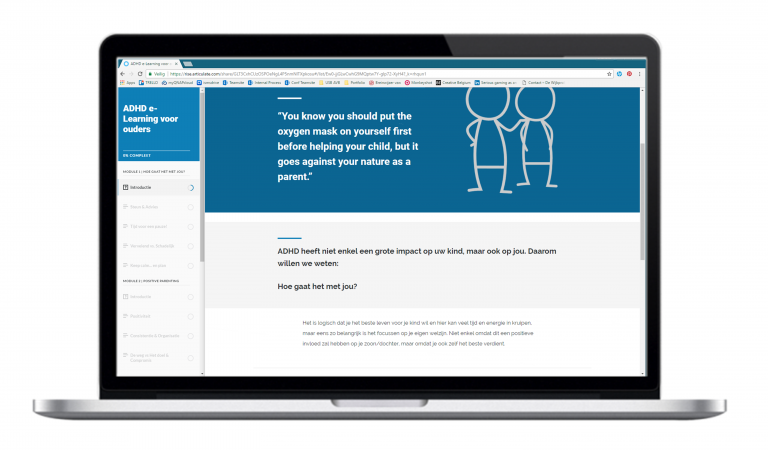
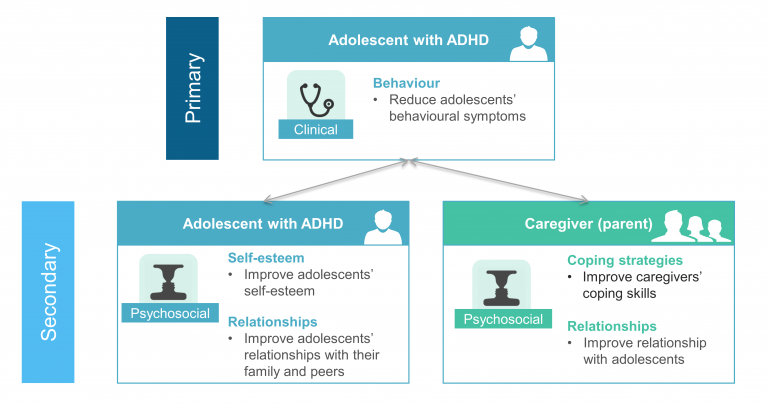
Unmet need: burden of disease
ADHD is a neurodevelopment psychiatric disorder with unknown cause and no cure. There is a worldwide prevalence of 5% in children and adolescents, with a big impact on their function or development.1 Having the disorder is associated with substantial burden on patients and caregivers. In addition, there are high levels of family conflict and poor family cohesion with substantial financial cost to society.1,2 This tool aims to address this unmet need for adolescents as DALYs are greatest in early adolescence.3
DALY = Disability-adjusted life years, 1. APA, DSM-V, 2013. 2. NICE, National Clinical Guidelines 72, 2016. 3. WHO, 2016
Scientifically validated objectives
Both the needs and aim of this intervention were defined by literature and validated by clinicians. The scenario-based interactive tool should be designed to effectively impact several outcomes for both the adolescent and the caregiver, with particular focus on behavioural symptoms of the adolescent – the primary outcome in the majority of interventional trials.1
1. NICE, Clinical Guideline 72, 2016.
Pilot Results
During a master thesis project, the developed tools were evaluated. SUS (system usability score), NPS (net promotor score) and Likert scores were used as primary outcomes.
A small group (n = 8) of adolescents and their parent were included. The e-learning for parents had a SUS of 85, which shows that usability was perceived very high. Parents also indicated that both them and their child learned something from using the tool. The serious game for adolescents had a SUS of 63,3. Adolescents liked playing and felt that they learned something, however agreed more game elements should be included for the future.


